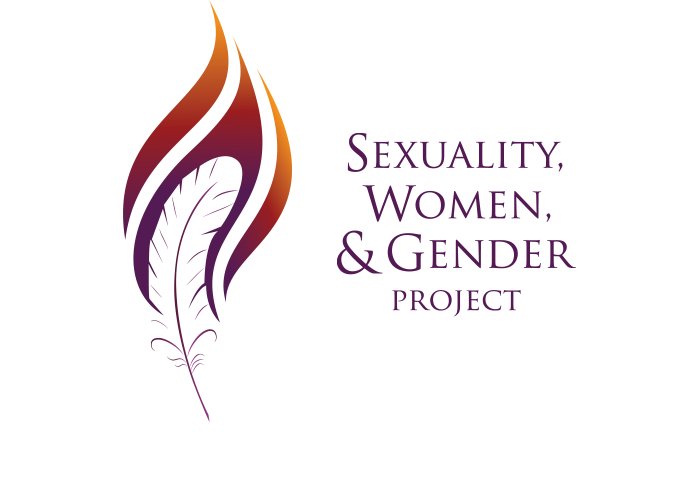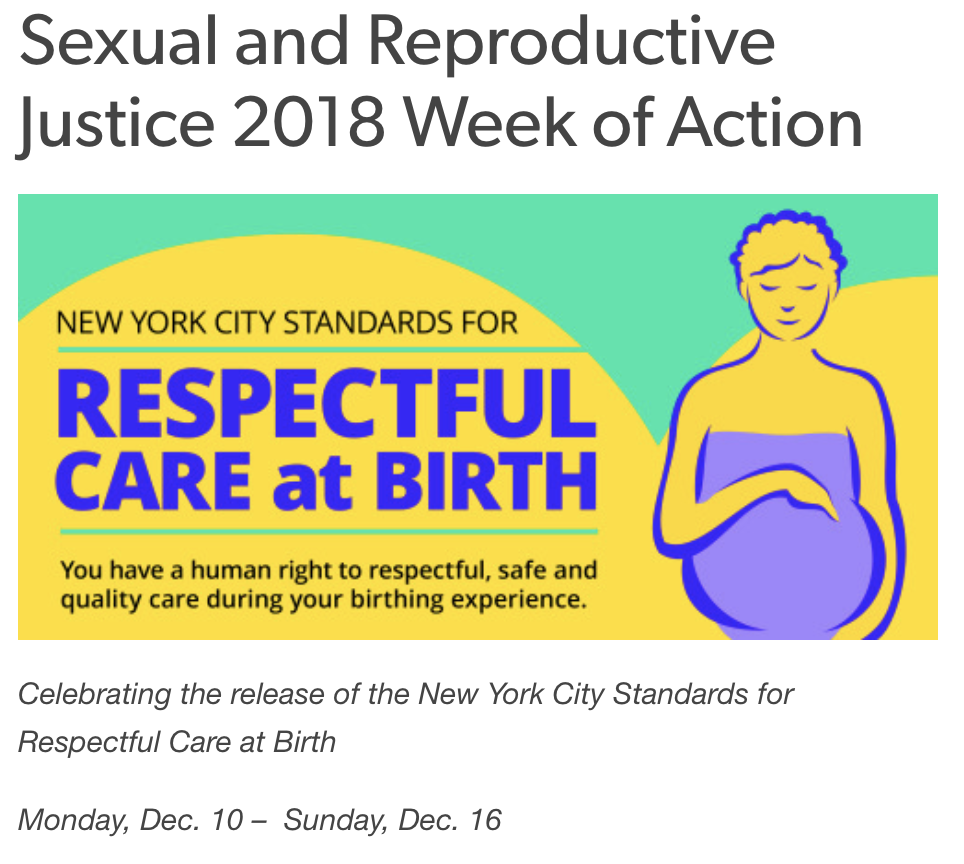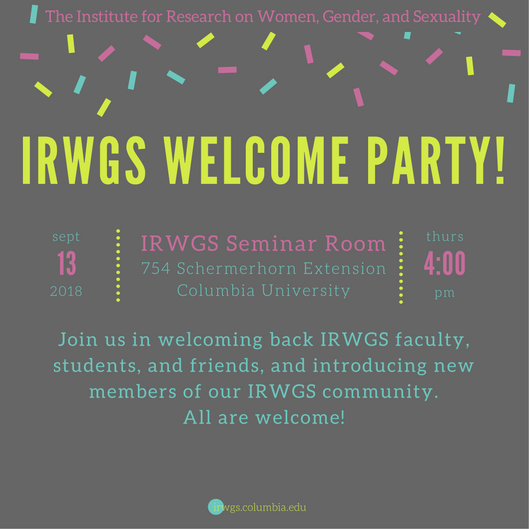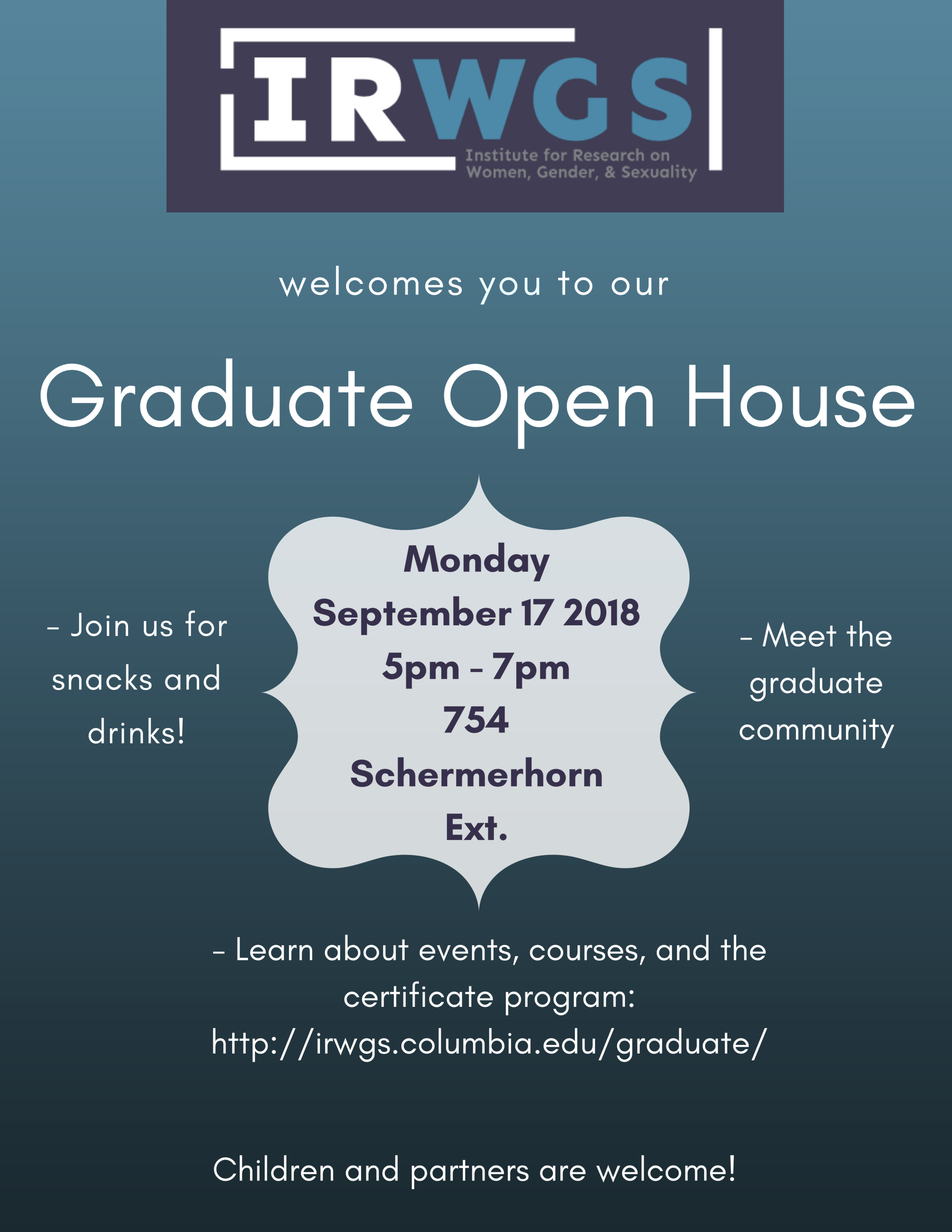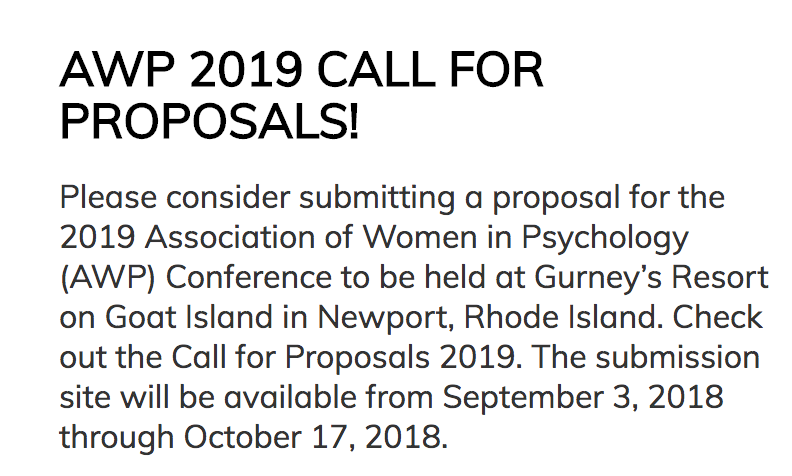I want to let you know that the Sexual Justice Symposium I have been working on is happening this Friday. This is a continuation of the work I did with Jasmine Wahi for the College Art Association National Conference, The Feminist Art Project's Day of Panels. I expect there will be deep and generous conversations, and especially about the hidden legacies of black and brown women in discussions of Sexual Violence. And there will FUN, because fun is healing. Susan Brownmiller, who literally wrote the first book about rape, will be speaking at the 7 pm session. Plus free food!
eventbrite RSVP
PLEASE SHARE WIDELY
here is the FB event
https://www.facebook.com/events/667422223677046/
Susan Brownmiller, the author of the feminist classic AGAINST OUR WILL, will be speaking at the 7 pm session.
Also, there is free food!
I really hope you can attend.
Solidarity,
Christen Clifford
Sexual Justice: Rape and Representation, Hate and Healing is a full-day symposium that will explore sex, power, and justice through intersectional art and activism, academics, and healing. Presenters will look at the oppressions and violations stemming from colonialism, slavery, and couverture. The symposium brings academic study, intellectual discourse, and visceral candor together to create a shared space and continue conversations about re-orienting narratives. We hope to rectify, reclaim and move towards healing.
April 12, 2019
10 am Coffee, light breakfast
11 am 12:30
Rape and Representation
The Un-Heroic Act: Representations of Rape in Contemporary Women's Art in the U.S.
Presenter: Monika Fabijanska, (Independent Curator)
Sexing the Canvas: The Rape of the Black Female Body in Art
Presenter: Indira Bailey (Penn State School of Visual Arts)
